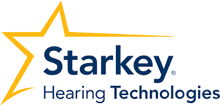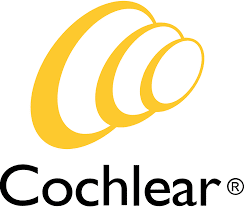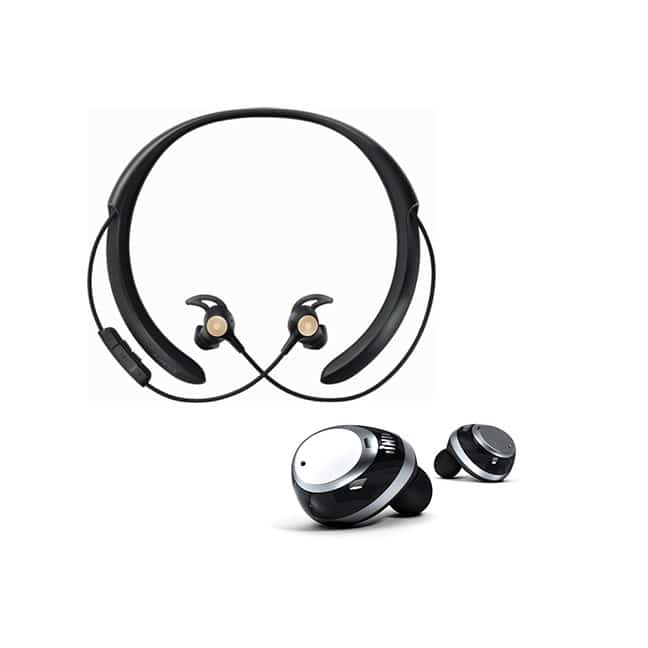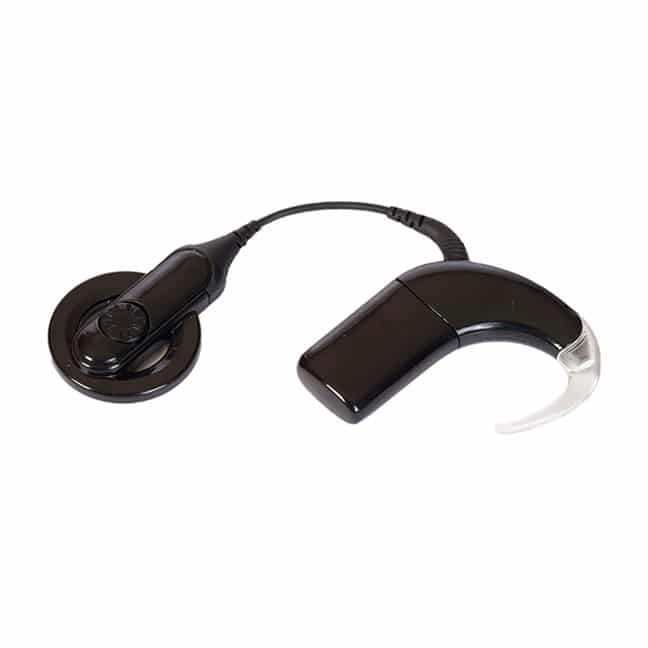Hearing Aids & Systems
Prescription hearing aids are able to effectively treat the vast majority of permanent hearing losses. These devices are FDA regulated and must meet strict standards developed by the American National Standards Institute (ANSI). Their effectiveness at treating hearing loss has been demonstrated by decades of scientific research and is continually reevaluated by thousands of clinicians around the world on a daily basis. Research has proven that these devices:
- Dramatically improve speech understanding by ensuring audibility of the full range of speech sounds, especially when verified by real ear measurements
- Improve speech understanding in noise and complex listening situations
- Are safe to use all day, every day when customized by a knowledgeable professional
- Improve intelligibility of phone calls and TV broadcasts, especially when those signals are streamed directly to the hearing aids
Hearing Aid Manufacturers
Hearing aids are designed for all types of hearing loss, lifestyles and budgets. We work with all major hearing aids manufacturers to provide you with a “one size fits one” solution for your unique hearing profile. Our clinic is not owned or sponsored by any manufacturer.






Personal Sound Amplification Products (PSAPs) and Over-the-Counter (OTC) Hearing Aids
Up until recently, FDA regulations prohibited direct-to-consumer marketing of hearing aids. The only way to legally obtain a hearing aid in the United States was to visit a licensed professional who would administer a hearing test and prescribe an appropriate hearing aid. These regulations safeguarded patients, but since hearing aids were not a covered benefit under many insurance plans, the cost of hearing aids was a financial burden for too many people.
Companies of all colors and stripes got around the regulation by marketing low-cost devices as “personal sound amplification products” or PSAPs. In the unregulated marketplace of PSAPs, the quality of devices varied greatly. Misleading or outright false advertising thrived, and many consumers got burned. To address this situation, the FDA recently created a new category of over-the-counter hearing aids.
Final regulations on OTC hearing aids are expected in late 2020. OTC hearing aids will be designed for people with mild hearing loss and will use Android or iPhone apps to be programmed and adjusted. It remains to be seen how companies that produce OTC hearing aids will provide follow-up technical support, warranty service and customization for their products.
We expect this sector of the market to be in flux for several years as different companies compete for market share and experiment with new design concepts. We plan to monitor these developments and may recommend them in the future if evidence proves them to be an effective treatment for mild hearing loss.

Implantable Devices
Implantable devices work differently than a hearing aid. They are designed for those with certain conditions or hearing losses who only receive limited benefit from a traditional hearing aid. The two most commonly implanted devices are:
- Bone Anchored Hearing Aids
- Cochlear Implants

Contact Us Today!